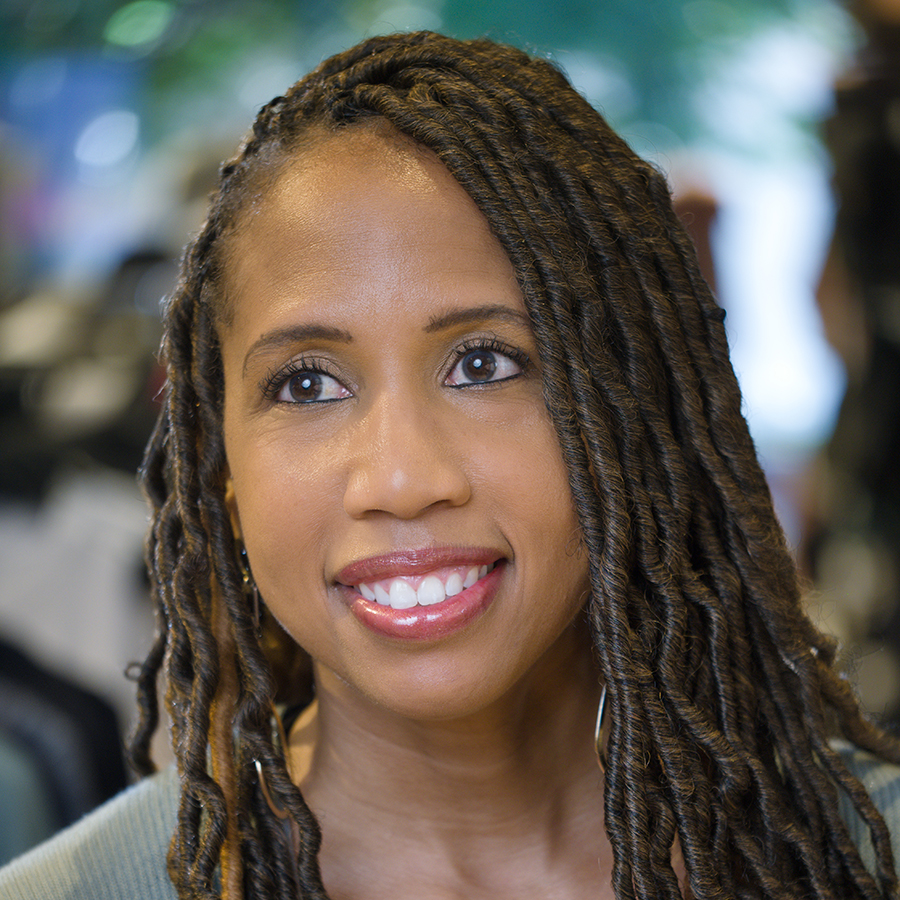Stacia Marie Jones, Esq., Vice President, Global Head of Inclusion, Diversity, Equity, and Action, lululemon
More than 20 years ago I embarked on a legal career that has brought me on a transformational journey from fierce, single focused advocacy to being a relentless proponent of the broader “we all win” approach through diversity, equity, and inclusion (“DEI”).
In those early years, I was focused on self-ambition and thought the best way to advance my career and to be a great advocate was to negotiate the smallest settlement possible or, better yet, to convince the opposition that they did not have a case. In other words, I thought the best type of advocacy was to help my clients meet their financial and business goals, with little regard to the treatment of their employees or the perspective of their consumers.
However, as I better understood how corporate actions impacted employees and their families, and how injustice and inequity hurt communities, I realized I was a better advocate if I helped my clients to preemptively act in the interests of their employees and consumers rather than only serving the clients’ bottom line. By doing so, my clients would positively affect the health of employees and garner greater loyalty from consumers, all reverting back to the company, making its overall impact stronger.
My goal could no longer be to help clients bolster their companies while readily dismissing complaints. My refined goal is to help create a company culture where equity and justice have prominence over potential risk and liability.
Accordingly, it is no longer about balancing how large a financial reward employees may receive if they pursue their case, how likely it is that an adverse ruling will be made against the company, or whether the company could get away with unfair action. Rather, the new focus is: how will the actions impact corporate culture; will tolerating a specific behavior hurt corporate inclusion efforts; and what must be done to rectify the situation, even if there is no potential financial or legal liability to the company?
I also realized, as an employment lawyer, that there could no longer be a checklist approach to employment policy. Companies could no longer comply with minimum legality dictates merely to mitigate legal risks and insurance costs. Going beyond the minimum is necessary for companies that desire to best address employee needs, position themselves as a competitive employer of choice, and tackle the bias and systemic discrimination inherent in employment policies. In many ways, I came to understand that employment discrimination laws give complacent corporations an out to do the bare minimum to achieve “equality”. These current laws do not push those companies to systematically enforce equity and justice, nor to drive action that addresses the company and its employees right where they are.
There’s no doubt that my evolution has landed me in a more principled place of operating with both the courage to motivate clients to take only the risks that benefit their employees and consumers, and to actively place culture higher than what the law minimally requires. If they do not, they will lag on DEI, their employees are more likely to activate against them, and their consumers will find a more responsible company to patronize. That’s when a good Dutch employment lawyer can help those employees.
My journey has landed me as a DEI executive at lululemon, where our approach to our employees, consumers, culture – our entire collective—is focused on acting in DEI with everything that we do. Here, we understand that every business function must act in the best interests of our employees and consumers, instead of solely the company’s bottom line. We listen to our employees through ten or more different modes, effectively track what we hear, and have a plan of action to address their concerns. Through advocacy for our people, myself, our IDEA team, our entire company strives for a better future.



